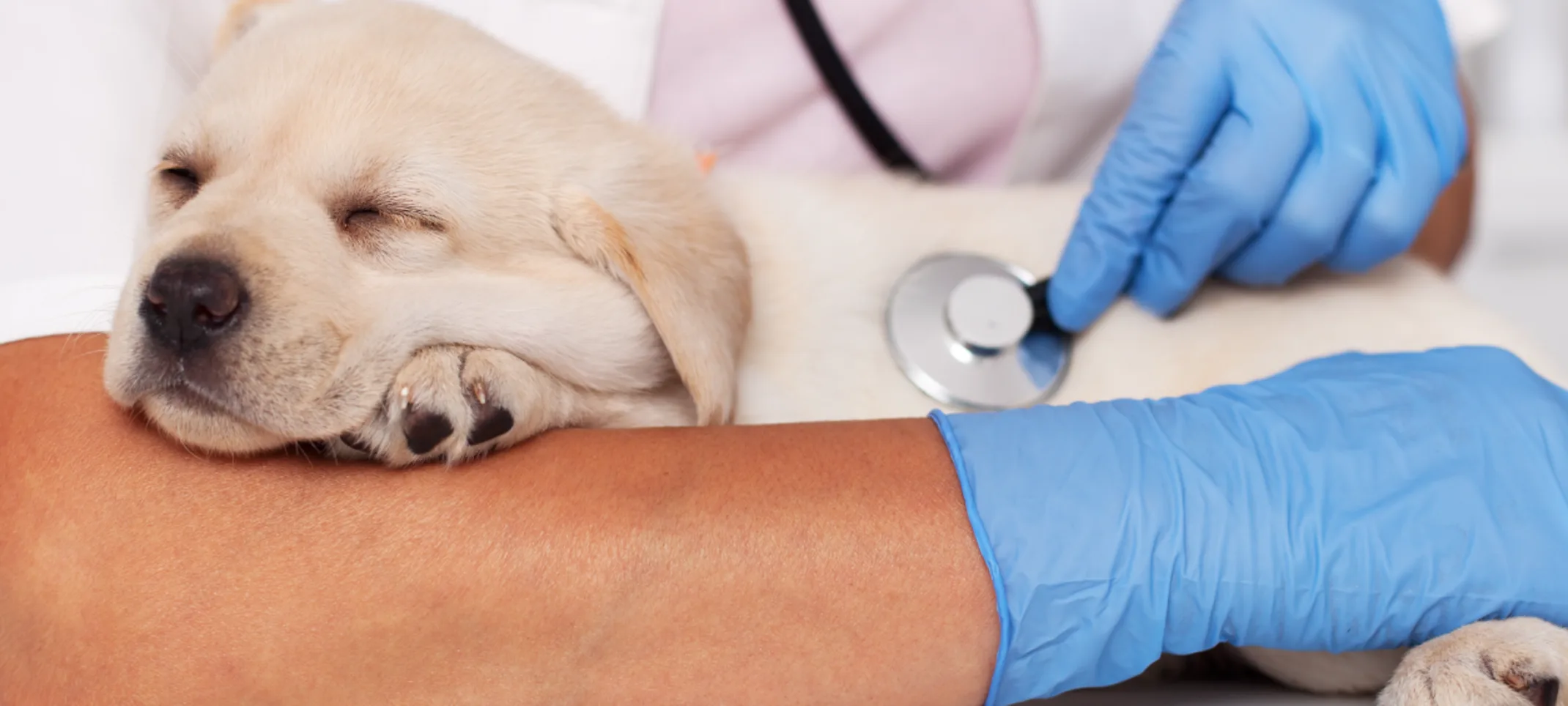Oswego Animal Hospital
Surgery
Surgery isn't going to be required for all of the health problems that your pet may face. However, there are some conditions for which surgery is the best possible course of action.

Surgery isn't going to be required for all of the health problems that your pet may face. However, there are some conditions for which surgery is the best possible course of action, such as:
Blockages: Your pet may develop a blockage and require surgery if they swallow something that they shouldn't have and it gets stuck.
Cancer: Depending on the severity of your pet's cancer, surgery may be necessary to remove some or all of their tumors.
Injuries: Pets with severe broken bounds or wounds may need surgery for reconstruction or repair.
Tooth decay: If your pet needs to have their teeth removed due to gum disease or tooth decay, dental surgery will be required.
Surgical Procedures We Offer
Our hospital is ready to help you and your pets with a variety of surgical procedures. Some of the most common surgeries that we perform include:
Dental surgery: If your pet needs to have a tooth or oral growth removed, they will need dental surgery to do so.
Injury repair surgery: If your pet has been seriously injured, they may require surgery.
Orthopedic surgery: If your pet has a broken bone or severe arthritis, they may require orthopedic surgery to repair or correct the problem.
Removal of foreign bodies: If your pet has a foreign body lodged in their digestive tract, they may require surgery to remove it.
Sterilizations: If you need to spay or neuter your pet, they will require a sterilization surgery.
Tumor removal surgery: If your pet has a cancerous or painful tumor, they may require surgery to remove it.
Dogs and Cats:
Surgeries are scheduled Monday through Friday and select Saturdays Drop off is between 7:00 am and 8:00 am
No food or treats after midnight the night before your pet’s surgical procedure
Access to water is allowed until the car ride to the hospital.
Allow for a minimum of 20 minutes for our reception team and surgery nurses to complete the presurgical check-in the morning of surgery.
If a third party is dropping off the patient in the place of the owner, the third party MUST be authorized by the owner of the animal undergoing surgery to approve and authorize the procedure and its services on behalf of the owner.
More specific instructions may vary pending the procedure your pet is scheduled for; please contact us with any questions.
Exotics:
(i.e. rabbits, rats, guinea pig)
DO NOT WITHHOLD FOOD OR WATER BEFORE SURGERY. Ensure your pet is eating and drinking through the night and morning of the procedure.
Please bring any hay, fresh vegetables, or pellets that the patient normally eats at home so they can eat throughout the day.
Vaccines Required:
Dogs:
Rabies Vaccine
Distemper Combination with Lepto Vaccination (DHLPPCv)
Bordetella Vaccination
Bivalent Canine Influenza Vaccination
Negative Intestinal Parasite Screening (Fecal)
Cats:
Rabies Vaccine
Distemper Combination (FVRCP)
Negative Intestinal Parasite Screening (Fecal)
**Vaccination requirements for surgery are pending patient’s health and doctor’s discretion** Cost of Surgical Procedures
The cost associated with surgery varies depending on the type of procedure and the pet’s demographics, such as age, size, general health, etc.
For a detailed estimate of your pet’s procedure or more information on surgery, please contact our office.
Post Operative Instructions
Following surgery, the surgical staff will monitor your pet until they are fully awake and recovered from anesthesia. A surgical nurse or doctor will call you following the surgery to update you on how it went, expectations, and a discharge time. At discharge, post-operative instructions for at-home care will be reviewed with the owner. Please allow for 15-20 minutes for surgical discharge.
